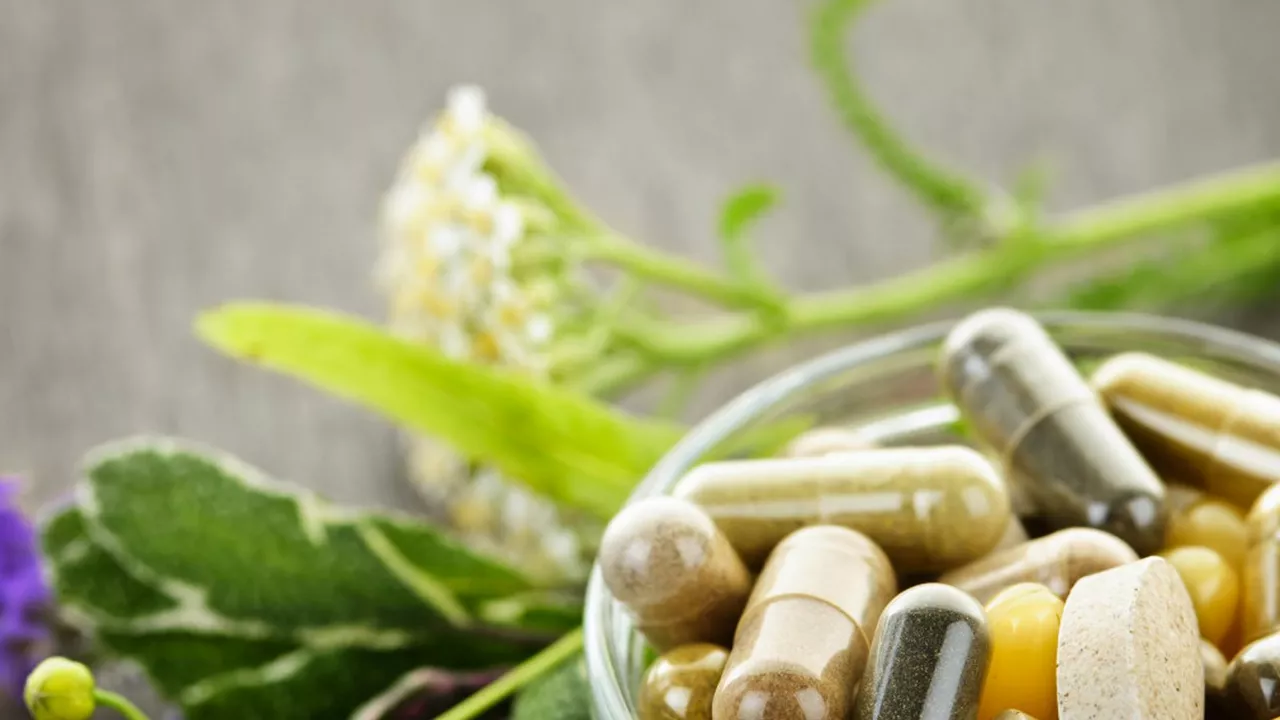If you want simple, useful ways to feel better without immediately reaching for a prescription, natural remedies can help. Some have solid evidence, others may only ease symptoms. I’ll cut to the chase: pick remedies that match your problem, start low, check for interactions, and talk to your clinician when in doubt.
Magnesium — good for muscle cramps, restless legs, and sleep. Typical oral doses range from 200–400 mg taken in the evening. If you get loose stools, cut the dose in half or switch to a magnesium glycinate form, which is gentler on the gut.
Valerian root — many people use it for insomnia and mild anxiety. Try 300–600 mg of a standard extract 30–60 minutes before bed. It can make you drowsy the next morning, so test it on a day off first.
CBD — some find relief from chronic pain, anxiety, or sleep problems. Start with a low dose (10–20 mg) and increase slowly while tracking how you feel. Use products with a clear CBD content and a third-party lab report. Avoid if you’re on blood thinners or certain liver-metabolized drugs unless your doctor agrees.
Turmeric/curcumin — useful for low-grade inflammation. Look for formulas with added black pepper extract (piperine) or a formulation designed for better absorption. Typical doses are 500–1,000 mg of curcumin daily, split into two doses.
Probiotics — can help with some types of diarrhea, IBS symptoms, and post-antibiotic recovery. Choose a strain backed by trials for your condition (for example, Saccharomyces boulardii for antibiotic-associated diarrhea). Pay attention to colony-forming units (CFUs) and storage instructions.
Natural doesn’t mean harmless. Herbs and supplements can interact with prescription meds, affect blood pressure, or change blood sugar. Always check interactions — especially if you take blood thinners, diabetes meds, or antidepressants. Pregnant or breastfeeding? Talk to a clinician first.
Buy quality: prefer brands with third-party testing, clear labels, batch numbers, and no proprietary blends that hide ingredient amounts. Avoid mega-doses unless guided by a professional. Store supplements as the label says — heat and humidity degrade potency.
How to try a remedy: identify one problem, try a single product at a low dose, keep a short log of symptoms and side effects for two weeks, then decide if it’s helping. If something causes new symptoms, stop and consult your provider.
Finally, use natural remedies as part of a plan. Sleep, hydration, movement, and a decent diet often boost any supplement’s effect. If symptoms are severe, sudden, or getting worse, seek medical care right away. Natural options can help, but they aren’t a substitute for urgent treatment when it’s needed.

Well folks, buckle up because I'm about to spill the beans on the miraculous powers of Caraway Dietary Supplements! These little magic beans are packed with so many healing properties, it's like having a mini hospital right in your kitchen cabinet. From aiding digestion to reducing bloating and even helping with weight loss, it's like these supplements are playing a game of health benefits bingo and winning every round! So, if you're into natural remedies or just a fan of feeling good, then get ready to add Caraway Dietary Supplements to your must-have list. I'd say it's time to caraway those health woes, wouldn't you agree?

In my latest blog, I explored the incredible benefits of the mighty hibiscus flower. This natural wonder is more than just a pretty bloom, it's packed with nutrients that can boost your health and happiness. From helping to control blood pressure to supporting healthy skin and hair, hibiscus is a true ally in our wellness journey. Moreover, it's a natural mood enhancer, literally adding a touch of joy to our lives. Trust me, you'll want to unlock the power of hibiscus after reading about its amazing attributes.
Taking Duloxetine can be challenging, but finding support is crucial for managing its side effects and ensuring its effectiveness. To find support, I recommend joining online forums and social media groups dedicated to mental health and Duloxetine users, where you can share experiences and advice. Additionally, talking to friends and family about your medication journey can help you feel less alone and more understood. Don't hesitate to reach out to your healthcare provider for any concerns or questions about Duloxetine. Lastly, consider joining local support groups or therapy sessions to connect with others facing similar challenges.
Perioral dermatitis is a stubborn facial rash often triggered by steroids, moisturizers, and toothpaste. Learn the real causes, what to avoid, and how to rebuild your skin with a gentle, evidence-based routine.
Get the facts on Biltricide (Praziquantel): its uses, how it works, side effects, safety tips, and practical advice for treating tapeworms, liver flukes, and schistosomiasis.
Why do cheaper drugs seem less effective? Research shows price affects perception, not actual efficacy. Learn how psychology, FDA standards, and doctor communication shape drug choices.
Statin intolerance causes muscle pain in many people, but most cases aren't actually caused by the drug. Learn how to tell if your pain is real, what alternatives work, and how to safely lower cholesterol without statins.